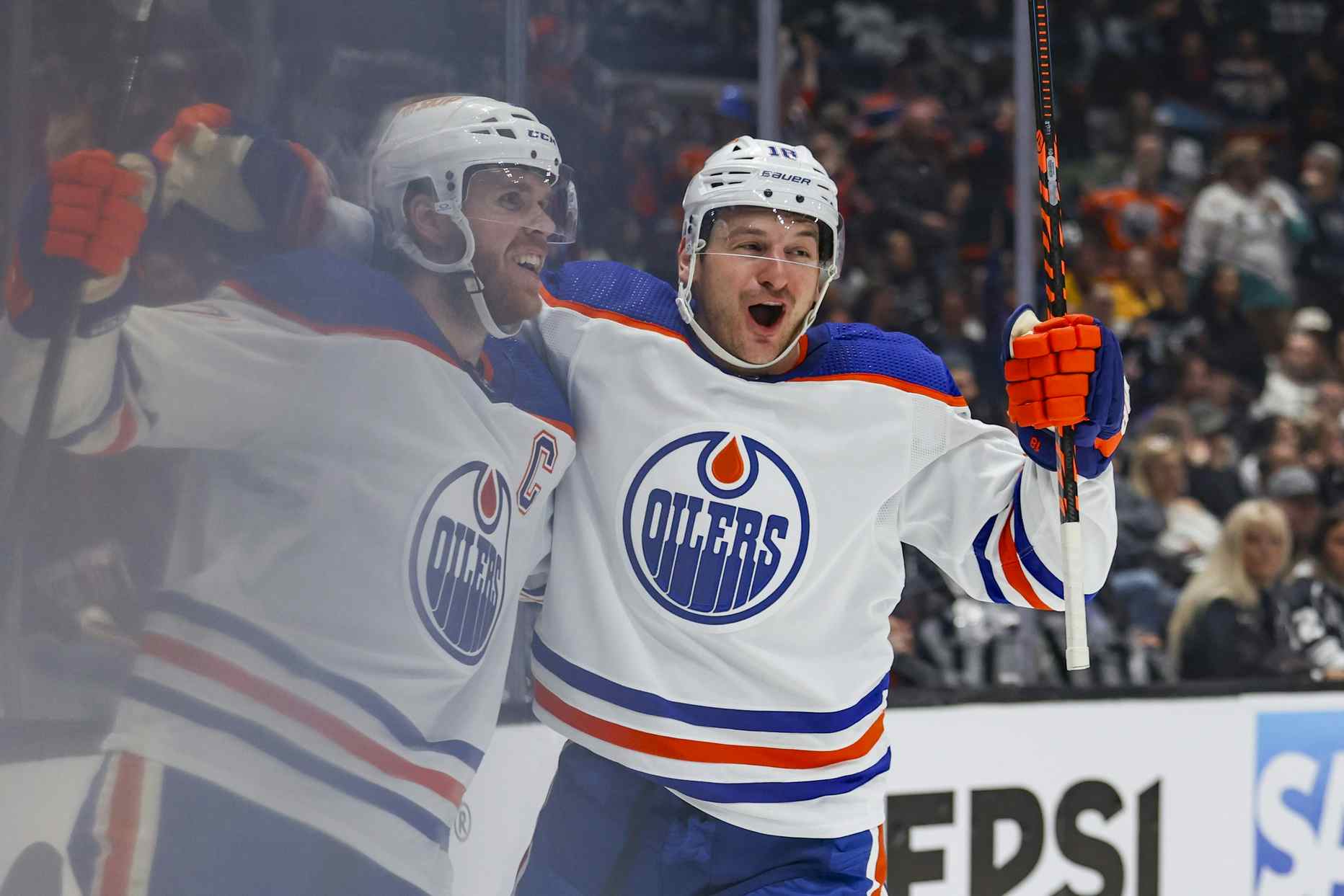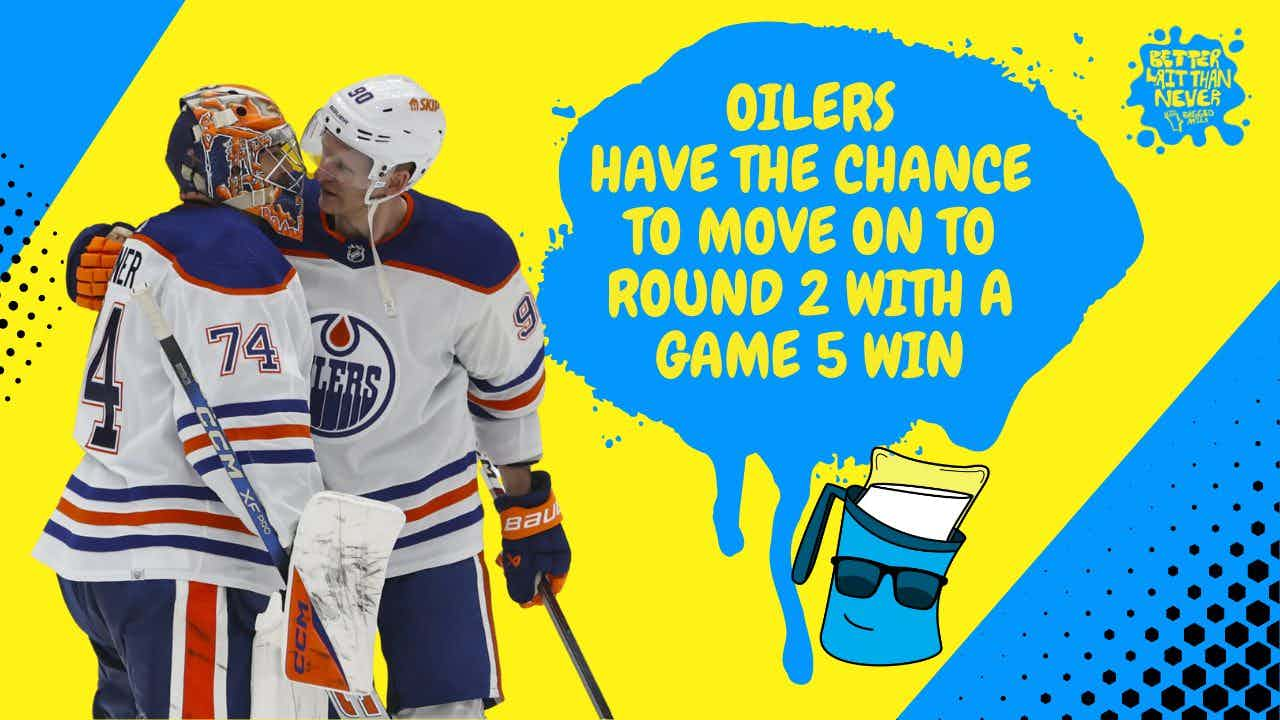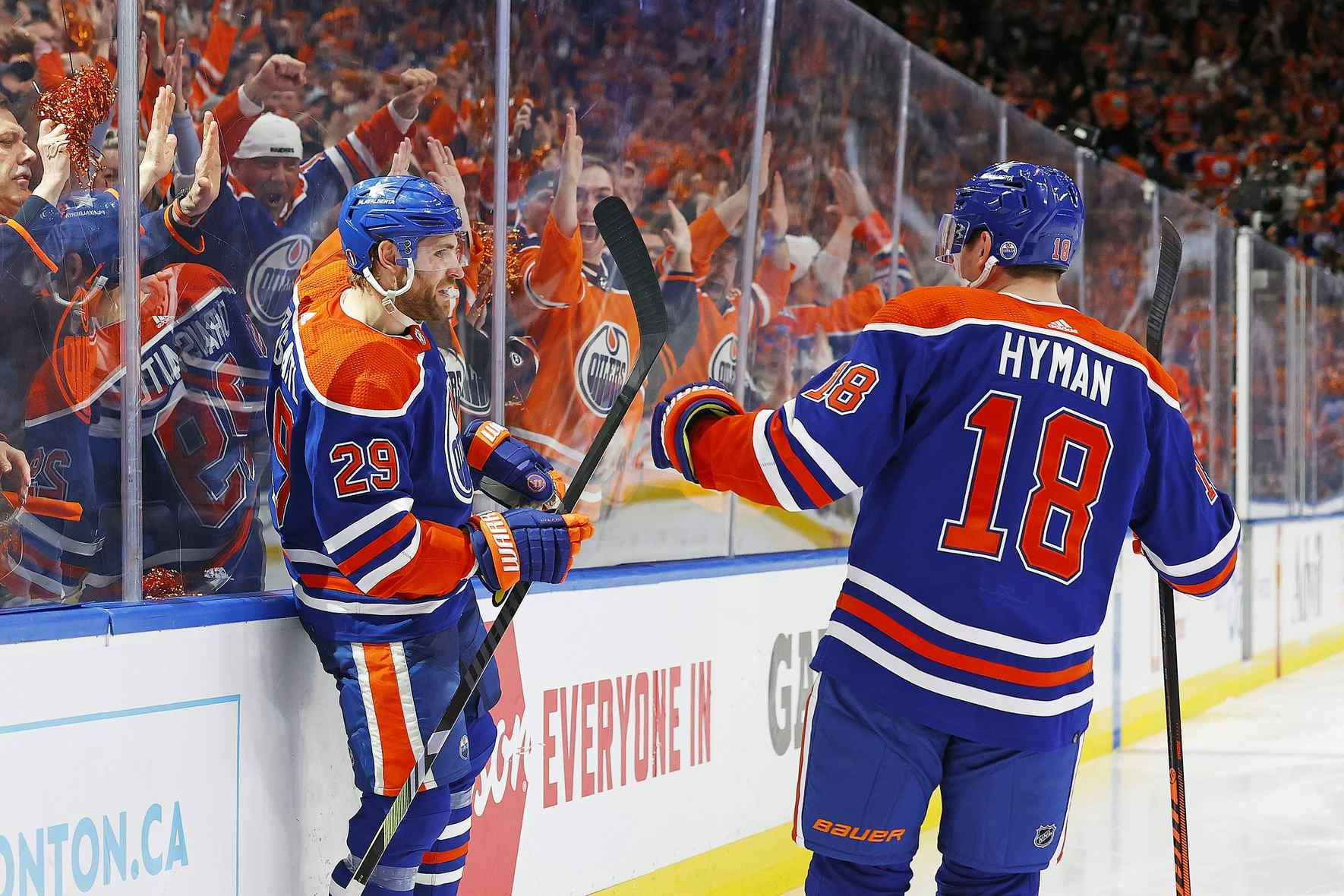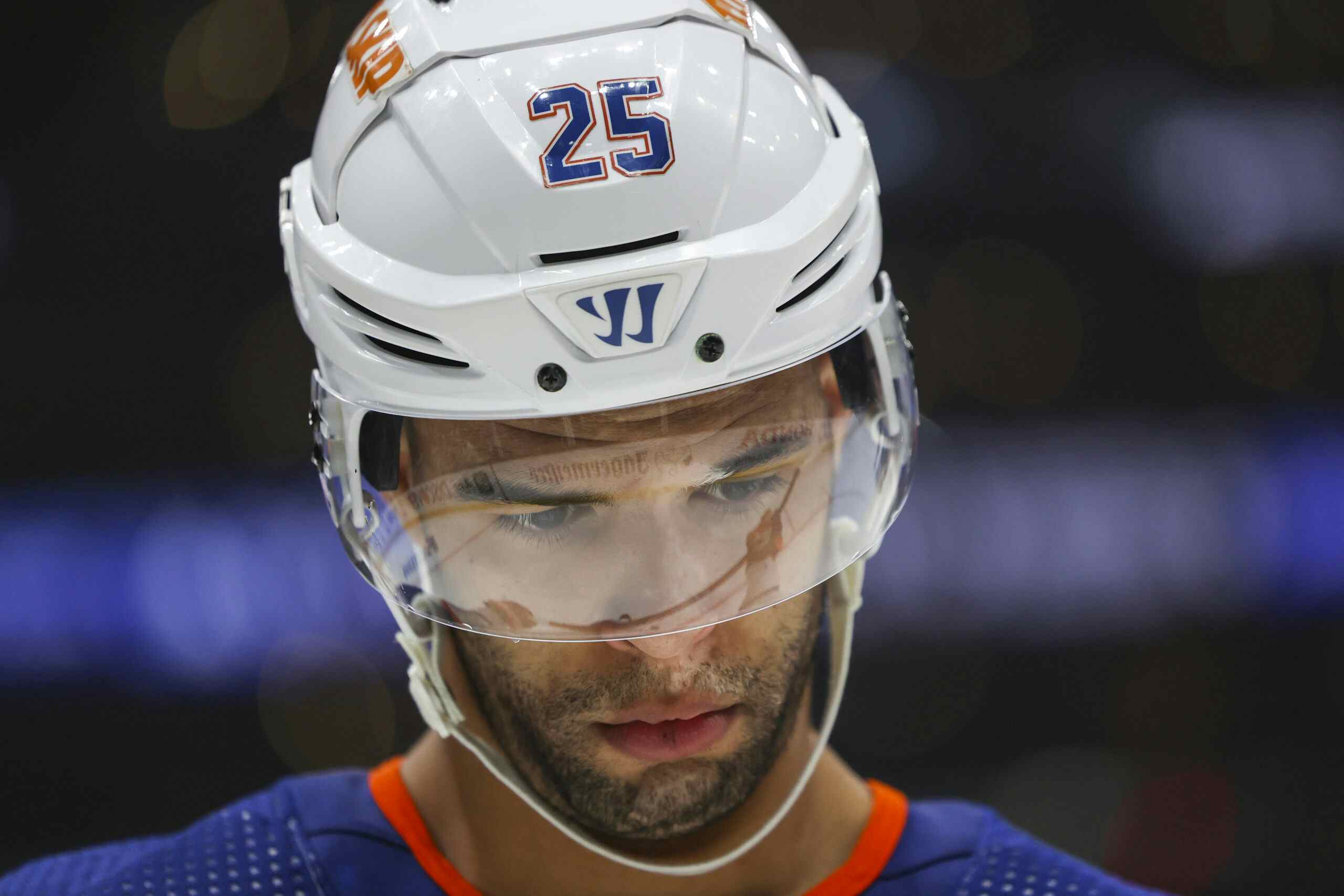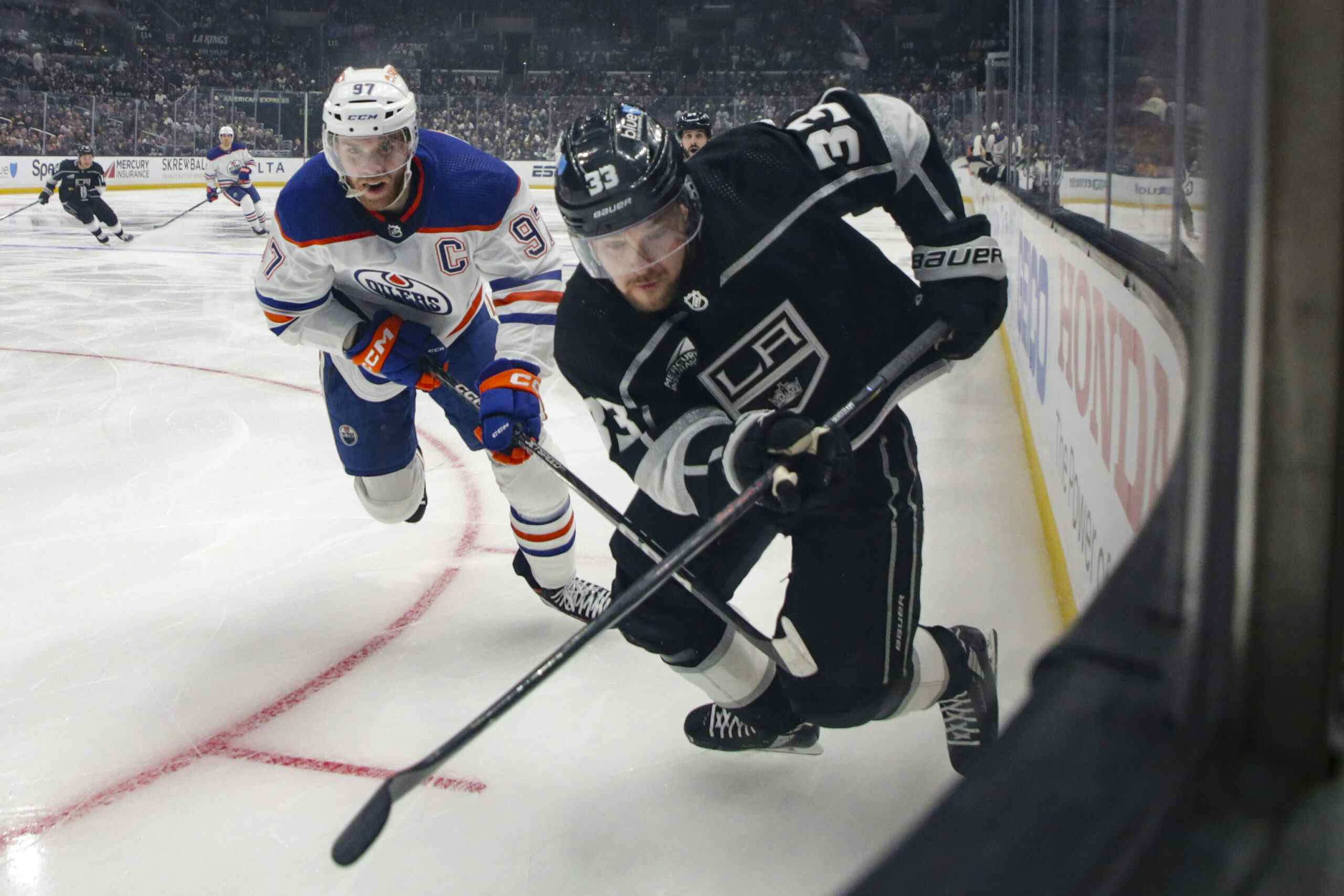Why It’s Healthy To Bring Up The Past

All men make mistakes, but only wise men learn from their mistakes.
That particular line comes from Winston Churchill, but variants of it are commonplace. Albert Einstein regarded mistakes as a necessary consequence of trying new things; James Joyce saw them as “portals of discovery.” It’s a point of view I agree with entirely: mistakes are inevitable, the trick is to learn from them.
With Gilbert Brule’s departure for the minors, I brought up a post I made back in 2010 that was highly controversial and widely ridiculed at the time. One of the comments I got when I brought it up came from Tim, who promised to “keep track of every opinion [I] give” and remind me when I’m wrong. Tim is under the impression that I was reminding people about my Brule warnings to ‘pump my tires’ and make myself look good.
I’ve decided to save Tim some time, and bring up a few notable errors that I’ve made in the past, and point to some of the things I’ve learned from them.
Robert Nilsson is one player I’ve learned a lot from. Like pretty much everyone, I was enamoured with his performance in 2007-08, and in the summer of 2008 I wrote this about him:
Nilsson produced in a difference-making way; his contributions all season long helped the team to win actual hockey games, which is probably a product of his age and professional experience. He scored 2.37 PTS/60 (that’s a Hemskyian clip, if you were wondering), and posted a 2.98 GFON/60. He was shockingly low-event on defense, where his 2.29 GAON/60 trailed only Stortini and Glencross amongst the forward group. As a weak-opposition killer, Nilsson is already good enough to contribute to a contending team.
The observant reader will note the statistics used in this paragraph – points/60, and goals for/goals against per 60. I didn’t look at where Nilsson was starting his shifts (in the offensive zone, almost more than any other Oiler), at his on-ice percentages (bizarrely good), and I didn’t put enough emphasis on who he was playing against (lower-tier opposition; MacTavish was religious about keeping the Kid Line away from quality players). Scoring chance data wasn’t available, and I didn’t see the value in shot-based measures like Corsi and Fenwick. I also put too much emphasis on his single good season and not enough emphasis on his struggles with the Islanders. Thus, a year later when his numbers fell down an elevator shaft, I was surprised along with most everyone else.
Flash forward one season more, and the Oilers get a great season from another player. Like Nilsson, Gilbert Brule was a high draft pick who’d failed after a long stint with a previous team – and like Nilsson, he came over from a team renowned for making bad decisions with young players. Like Nilsson, his scoring numbers were a marked departure from the past (2.36 PTS/60) and like Nilsson he got favourable matchups – on the ice with Penner during the best season of the latter’s career, largely playing against poor opponents (Quinn wasn’t big on line-matching, but Horcoff’s line got handed the tough minutes). Brule didn’t have Nilsson’s great on-ice percentages, but he had something Nilsson lacked – a career season in shooting percentage. Unlike with Nilsson, scoring chance data was available and I was looking at shot metrics – both of which showed that Brule was struggling whenever he was on the ice without Penner. Unlike with Nilsson, I was less ready to believe in the most recent results if they conflicted with the known track record of the player under consideration.
Because I made the wrong call on Robert Nilsson, I was far more suspicious of Brule’s superb 2009-10. I weighed those previous years more heavily, and I placed more emphasis on the role he had been playing. If I was right on Brule – and the book’s not closed yet, plus we still haven’t had last season’s issues satisfactorily explained – it was because I was wrong on Nilsson.
Another player I look back at fairly often is Mathieu Garon. Garon stole the starting job from Dwayne Roloson in the same year that Nilsson was putting up points for the Oilers, and given Garon’s age I thought he was a much better bet than Roloson going forward. Here’s another quote from the summer of 2008:
I believe Garon’s track record shows enough to sign him now, to a reasonable 3 or 4 year contract, rather than wait another year and watch his value shoot through the roof as an unrestricted free agent.
I made three key mistakes in evaluating Garon’s track record: I didn’t pay enough attention to games played in his previous NHL season, I didn’t look at situational save percentage, and I didn’t understand the goaltending market. It was true that Garon had played three previous seasons, but he’d only appeared in 114 NHL games over that span – and in most of those games his save percentage wasn’t very good. I also hadn’t caught on that a 0.907 SV% is a little below average, or that the NHL goalie market was flooded and the price dropping out fast (others, of course, didn’t make these mistakes)
The big item, though, was situational save percentage. Here are the numbers for Garon and Roloson on the penalty kill in 2007-08:
- Garon: 0.908 SV%
- Roloson: 0.871 SV%
That 0.908 SV% may not look like much, but on the penalty kill (where shooters have time and space) it’s insanely good. The only other starter even close was Dan Ellis – and like Garon, Ellis would implode the following year, seeing his save percentage drop from 0.924 overall down to 0.900.
Because of those mistakes, when it came time to evaluate other things I did a better job. After Ryan Miller’s standout 2009-10, many expected him to repeat the feat – but because I’d seen it happen with Garon, I knew enough to predict a major drop-off in save percentage (Miller’s 2010-11 save percentage fell to 0.916; I’d forecast 0.915). When the Oilers signed Nikolai Khabibulin, I corrected two of the errors I’d made with Garon – first, noting that goalies typically don’t get much money or term, and that the market was flooded, and secondly weighting Khabibulin’s generally lousy 160 games between 2005-08 more heavily than his successful 42-game season in 2008-09.
The point here is that everybody who manages, watches, or writes about the game is going to make mistakes in their opinions. I certainly have. Undoubtedly, that’s going to continue. It isn’t avoidable, for anybody. The trick, I think, is to try and keep an open mind and be willing to figure out where the error came from, and then not to repeat it. That’s one of the reasons I bring up posts from the past – because sometimes I think many of the points I made at the time were dismissed out of hand by people who didn’t like them, and bringing them up again might change how people view things.
Recent articles from Jonathan Willis

